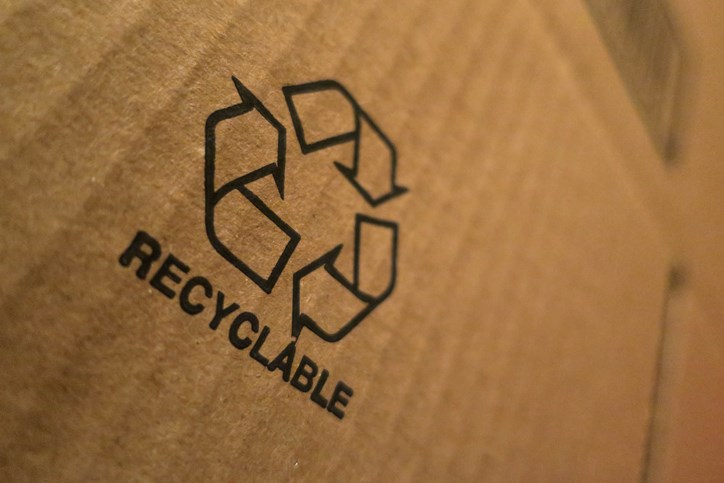NIPAWIN — Recycling is becoming mandatory in the New Year for all tax classifications in Nipawin, including commercial and industrial for the first time, with Nipawin council narrowly passing the waste collection bylaw amendment 4-3.
The amendment includes implementation of mandatory recycling, reduction of the number of garbage carts provided to commercial and multi-residential properties and elimination of the cart credit program.
The first reading of the bylaw occurred on Oct. 25, which required three readings to pass.
Ahead of the second and third reading of the bylaw, the town sent out 1,680 letters to registered owners of property in the town, informing them of the changes and giving them an opportunity to provide feedback.
Of the 1,680 letters, 10 were returned as undeliverable, and five were returned with feedback, carrying various concerns which were presented to council before the second and third reading of the bylaw on Dec. 13.
Now passed, all multi-residential buildings as well as commercial, industrial and institutional properties will receive the same level of services as residential properties.
Each commercial, industrial and institutional property will receive one black waste disposal roll-out cart and one blue recycling roll-out cart per property.
Commercial, industrial and institutional properties that exceed the volume of their allocated container must provide, at their own expense and their own contracted collection arrangements, additional containers or increased collection frequency for collection of solid waste and recyclable materials. Roll out carts will no longer be provided for vacant commercial, industrial and institutional properties.
Barry Elliott, Nipawin’s administrator, said the town has been dealing with some businesses which were not bothering to separate their garbage, which has been causing costs to the town and using up landfill space.
“Where we landed on this was a standard level of service, right across the community for both residential and business – that’s what this bylaw speaks to,” Elliott said.
“I know it will be changed for some businesses. I know there have been some businesses, we certainly have examples that we will not share here, of significant use and cost to the town because of inadequate efforts, and frankly little to no efforts for garbage separation from recycling materials.”
Councillor Geoff Stewart spoke against the bylaw, objecting to the requirement for businesses that produce more than one container of waste to pay an additional fee.
“I’d like to see a change in the language. I’ve had verbal people come to approach me… with some concerns,” Stewart said during council discussions. “I think something should be done for commercial. Commercial pays more tax in this town and the only service they got was more garbage, and this is taking that away.”
Councillor Jan Boughen spoke in support of the bylaw, comparing it to a water utility, where there is a base charge and if an individual uses more they pay more.
“The reason I support this is the smaller users are actually subsidizing the bigger users in our current model and the changes to the bylaw take that away, the smaller users don’t have to subsidize the bigger users anymore.”
Councillor Sheila Seiferling also spoke in support, expressing that she feels Nipawin is lenient.
“I visited a friend of mine on the island and they get penalized for extra garbage and I think we need to improve recycling big time. I witness it every day, things that are thrown into the garbage that needs to be recycled and it makes me sad.”




